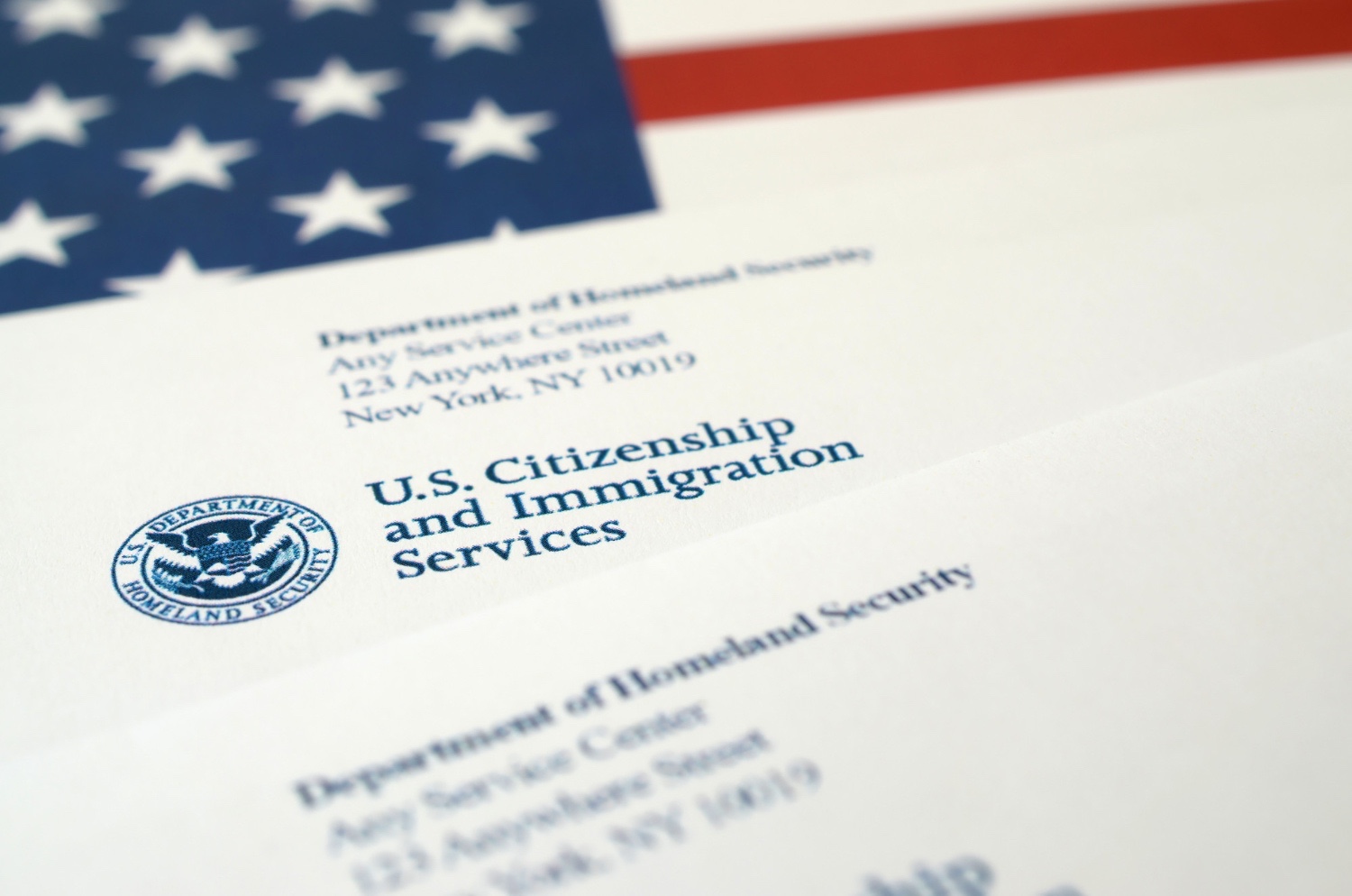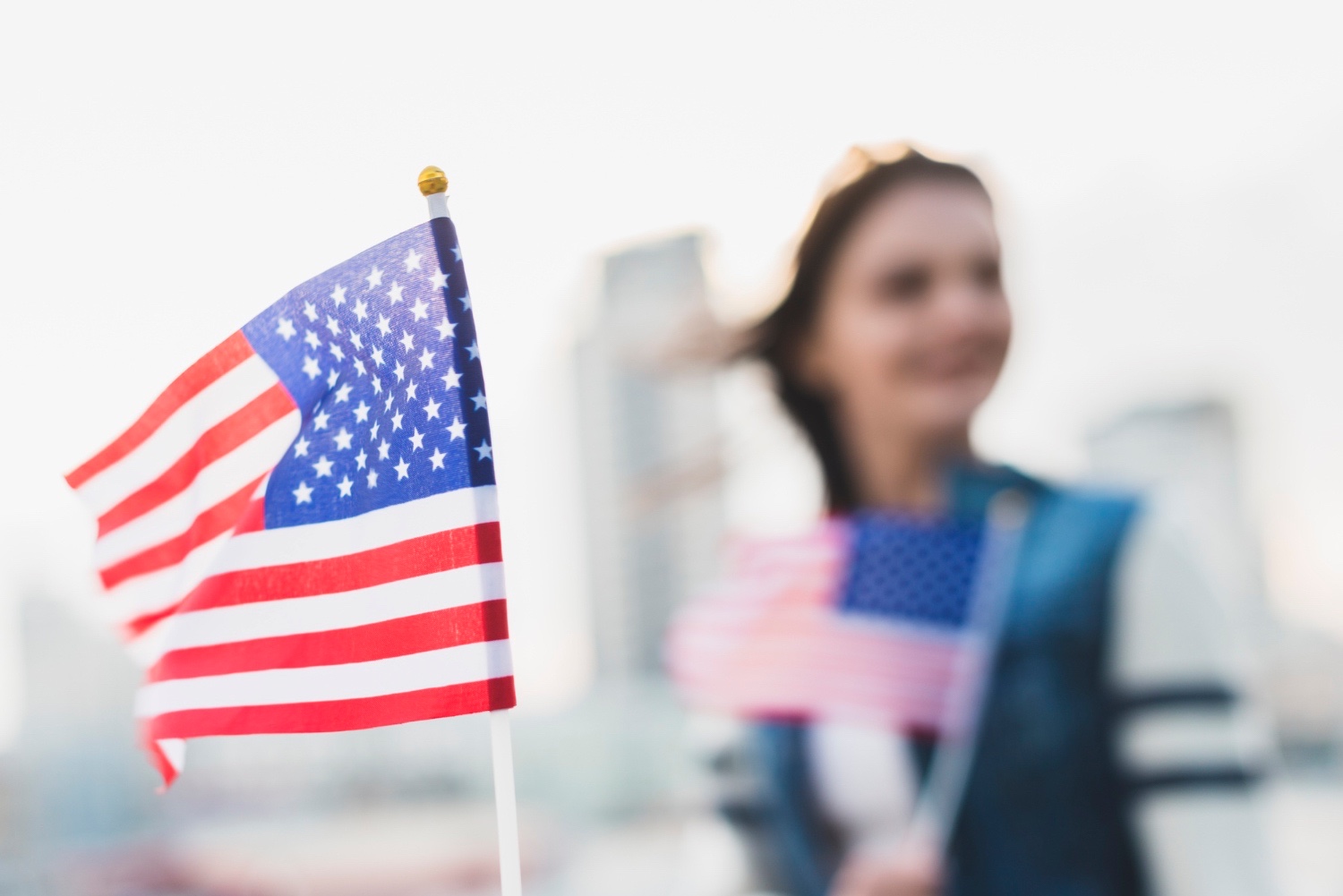The fiancé visa, or K-1 nonimmigrant visa, is designed to help U.S. citizens and their foreign citizen fiancé(e)s unite in the United States when they have the intent to marry and actually marry within 90 days of arrival. Navigating this process can be complex, especially without professional guidance. As a premier New York Fiancé Visa Lawyer, Oltarsh & Associates, P.C. specializes in assisting clients through this process. In this blog post, we will explore the K-1 visa process, its requirements, and essential steps to ensure a successful application.

U.S. Citizen Initiates the Application
The first step in the K-1 visa process is for the U.S. citizen to file a petition, Form I-129F, with U.S. Citizenship and Immigration Services (USCIS). This form serves as a request to recognize the relationship and grant permission for the foreign citizen fiancé(e) to apply for a K-1 nonimmigrant visa. Along with the form, the petitioner must submit evidence of U.S. citizenship and proof of the relationship, such as photographs, letters, or other forms of communication.
Proof of Meeting and Good Faith Engagement
To qualify for a fiancé visa, the couple must prove they have met in person at least once within the two years prior to filing the petition. There are a few exceptions to this requirement. Additionally, the couple must demonstrate that they are able to marry and intend to marry within 90 days of the foreign national’s arrival in the US. In addition, the evidence must exist to the engagement is in good faith and not solely for immigration purposes. Evidence of a genuine relationship may include shared travel, joint financial accounts, or proof of a continued relationship since the engagement.
Affidavit of Support
The U.S. citizen must submit an affidavit of support, Form I-134, to show they can financially support their foreign citizen fiancé during their stay in the United States. The petitioner’s income must be at least 100% of the Federal Poverty Guidelines for their household size. If the U.S. citizen does not meet the income requirements, a joint sponsor can provide an additional affidavit of support. As experienced New York Fiancé Visa Lawyers, we at Oltarsh & Associates, P.C. can guide you through the completion and submission of this critical document, ensuring that it accurately reflects your financial situation.

Once the I-129F petition is approved by USCIS, the case is forwarded to the U.S. consulate in the foreign citizen’s fiancé’s last place of residence, generally his or her home country. A Department of State form and the Affidavit of Support must be completed and fees paid. The foreign fiancé will then be scheduled for an interview with a consular officer. During the interview, the consular officer will review the application and supporting documents, as well to determine the legitimacy of the relationship. If the officer is satisfied with the evidence presented and answers to questions at the interview, the K-1 visa will be granted.
With the K-1 visa, the foreign fiancé can travel to the United States and, upon arrival, will be issued entry documents. The visa allows for an Employment Authorization Document to be requested. When approved, this allows the foreign citizen fiancé to work legally in the United States.
Marriage within 90 Days
The couple must marry within 90 days of the foreign fiancé’s arrival in the United States. Failure to marry within this time frame will result in the termination of the K-1 nonimmigrant visa, and the foreign fiancé will be required to leave the country. There are strict prohibitions to obtaining residence outside of marriage to the petitioning US citizen within the 90-day period. As New York Fiancé Visa Lawyers, we at Oltarsh & Associates, P.C. will guide you through this crucial time frame to ensure you meet all requirements.
Provisional Residence and Adjustment of Status
After the marriage, the foreign spouse can apply for an adjustment of status to become a lawful permanent resident (LPR) by filing Form I-485. During this process, the couple must submit the appropriate form, filing fee, and an appropriate medical examination for the foreign spouse, as well as an updated affidavit of support, and any additional documentation required by USCIS. Once the application is approved, the foreign spouse will be granted l permanent resident status, which can be either a conditional residence or an immediate relative residence, depending on the duration of the marriage at the time of final adjudication.

Joint Petition
If a conditional resident card is approved, it is valid for only two years. This requires a petition for removal of those conditions to be filed within 90 days prior to the two-year anniversary of the grant of the residence. Form I-751, Petition to Remove Conditions on Residence must be filed. This petition should be, accompanied by evidence that the marriage was entered into to build a life together. Examples of such evidence include joint financial accounts, children born into the marriage, shared property, and other evidence of cohabitation.
Approval and Permanent Resident Status
If the joint petition is approved, the foreign spouse’s conditional status will be removed, and a 10-year green card will be issued. This status allows the foreign spouse to live and work in the United States indefinitely, and after a certain period, to be eligible to apply for U.S. citizenship.
Criminal History and Immigration Consequences
A criminal history may have an impact on the K-1 nonimmigrant visa process and the adjustment of status. Each crime must be evaluated on a case-by-case basis to determine whether it would render the foreign spouse inadmissible or ineligible for a visa. It is essential to consult with an experienced immigration attorney to discuss the potential consequences of a criminal history and explore possible waivers or other remedies.
The fiancé visa process can be a daunting task for couples navigating the U.S. immigration system. By understanding the requirements, steps, and potential obstacles, you can better prepare for a successful K-1 nonimmigrant visa application and subsequent adjustment of status. It is highly recommended to consult with an experienced immigration lawyer to guide you through the process, answer your questions, and address any concerns that may arise. For personalized assistance, don’t hesitate to contact our team of expert New York Fiancé Visa Lawyers at Oltarsh & Associates, P.C.
Call us today to schedule an appointment at (212) 944-9420. With the proper support and guidance, you can work towards a successful outcome and start building a life together in the United States.
